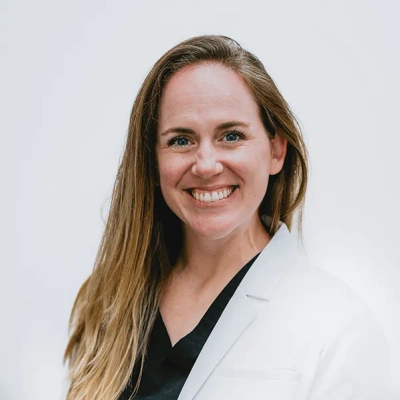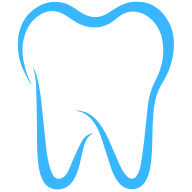5 Continuing Education Strategies in An Evolving Dentistry Field
Discover the latest continuing education strategies transforming the field of dentistry, guided by insights from seasoned experts. This article explores practical methods to elevate professional skills and adapt to industry advances. Delve into the perspectives that shape hands-on workshops, blended learning, and diverse training approaches.
- Prioritize Hands-On Workshops
- Focus on Blended Learning
- Attend Hands-On Workshops
- Utilize Various Learning Methods
- Engage in Hands-On Training
Prioritize Hands-On Workshops
Hi,
We prioritize hands-on workshops because they allow us to immediately apply and master emerging dental technologies. For example, when learning about CAD/CAM systems for same-day crowns, practicing directly with the software and milling machines gives us a deeper understanding than simply reading about the process or watching a demonstration.
These workshops also let us troubleshoot on the spot, which is invaluable for figuring out how to adapt new tools to real-life patient cases. This approach ensures that by the time we implement something new in our practice, we're confident it will work seamlessly and enhance patient outcomes.
What many might not realize is how these sessions uncover subtle efficiencies—like fine-tuning crown margins or optimizing scanning techniques—that drastically improve both precision and patient comfort. That level of detail comes alive only through hands-on learning, and it's why we invest time and resources into these workshops regularly.
Best,
Kalli

Focus on Blended Learning
We now focus on blended learning, which is a combination of clinical sessions, within our practices, online lectures, and live seminars with hands-on typodonts. People would like to learn at their own pace, and in their own time, so offering them this flexibility has increased the numbers attending our continuing education courses. A doctor may remember a small percentage of what they see in a lecture, or take a photo of the lecture slide. However, they remember, and learn a lot more, when they see a live patient with a similar condition.

Attend Hands-On Workshops
As I see it, hands-on workshops and live demonstrations are among the best ways to stay ahead of dentistry trends. These sessions allow me to test the latest techniques and tools in a controlled environment, which is invaluable for understanding how they'll work in my office. For example, I recently attended a workshop on 3D printing for dental prosthetics, and the practical experience helped me integrate it seamlessly into my practice. This approach ensures I'm not just learning but also applying what I learn immediately.
Utilize Various Learning Methods
At Dental Made Easy We take advantage of a variety of learning methods, including attending industry conferences, participating in hands-on workshops, and enrolling in advanced training programs. Online webinars and peer-reviewed journals also play a crucial role in keeping us informed about the latest trends, techniques, and technologies in dentistry.
Additionally, our team regularly participates in seminars on emerging trends, such as minimally invasive procedures and digital dentistry. These learning opportunities often spark ideas for improving patient care, whether through adopting a new technique or upgrading our equipment.
By committing to lifelong learning, we ensure that every patient receives care that reflects the highest standards and incorporates the most up-to-date methods in modern dentistry.

Engage in Hands-On Training
As you can see on my LinkedIn profile, I've always been passionate about combining innovation and patient care in dentistry. Staying ahead of trends through continuing education allows me to provide the best possible outcomes for my patients.
How do you approach continuing education in light of the constant evolution of dentistry trends?
My approach to continuing education is intentional and focused. As you may have noticed on my LinkedIn, I'm deeply interested in areas like digital workflows, minimally invasive techniques, and patient-centered care. These aren't just trends-they're shaping the future of dentistry.
I focus on learning methods that let me apply new concepts directly to my practice. For example, hands-on workshops in 3D imaging or guided implantology give me practical experience that I can bring to my patients right away. I also find it incredibly valuable to connect with peers at conferences and professional groups. These discussions bring fresh perspectives and often spark ideas for improving the way I work.
What learning methods or resources do you find most valuable?
For me, hands-on training is non-negotiable. Recently, I attended a course on digital implant planning, and it was a game-changer. Learning in a hands-on environment lets me fine-tune my techniques and see immediate results.
I also rely on peer-reviewed journals to stay evidence-based-this helps me filter out trends that are all hype and focus on what truly works. As you'll see from my LinkedIn activity, I'm actively engaged in online dental communities, where real-life cases and discussions offer practical insights.
Cross-disciplinary learning is another area I'm exploring. For example, I've been diving into topics like sleep medicine and how oral health connects to systemic conditions. This kind of knowledge helps me treat patients holistically, which is something I'm passionate about.
Regards,
Dr. Jaydev Matapathi
Profile link: https://drjaydevdental.com/best-dental-specialist-in-hyderabad/



